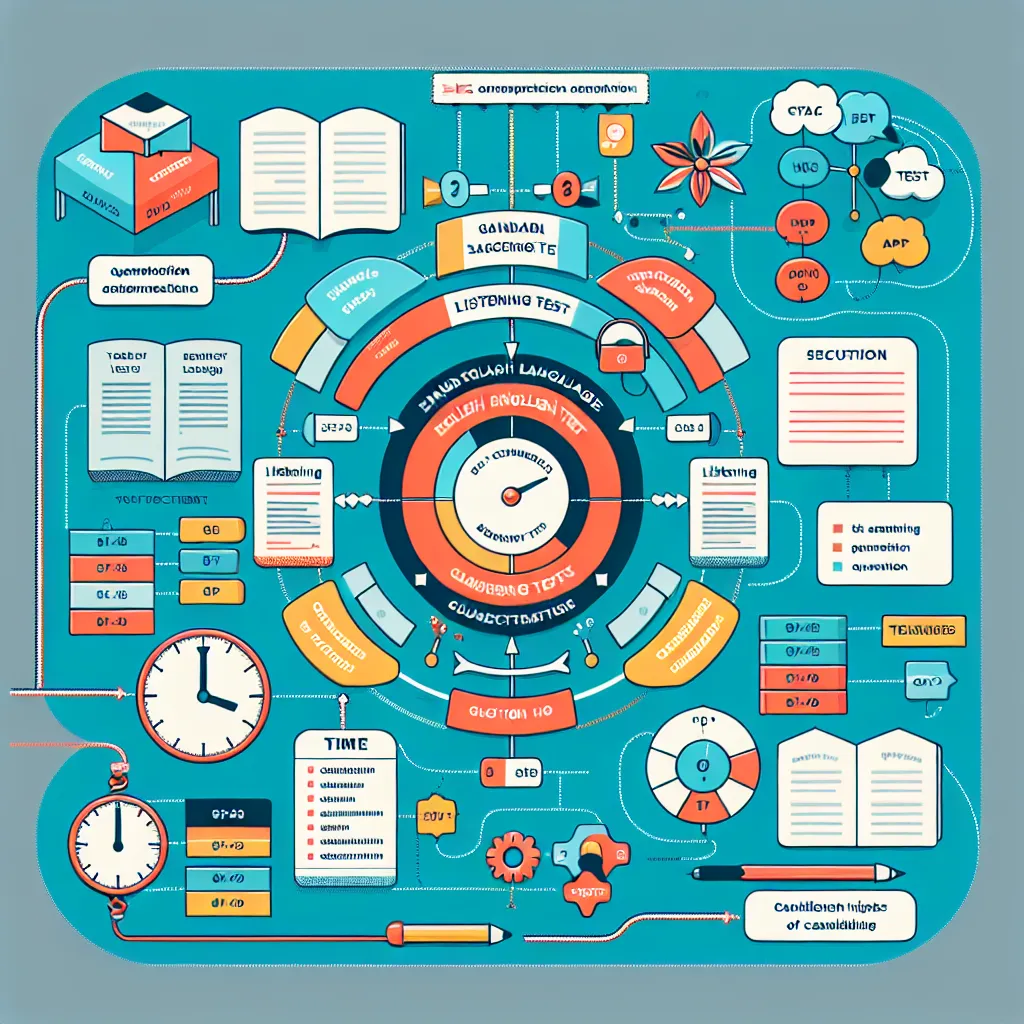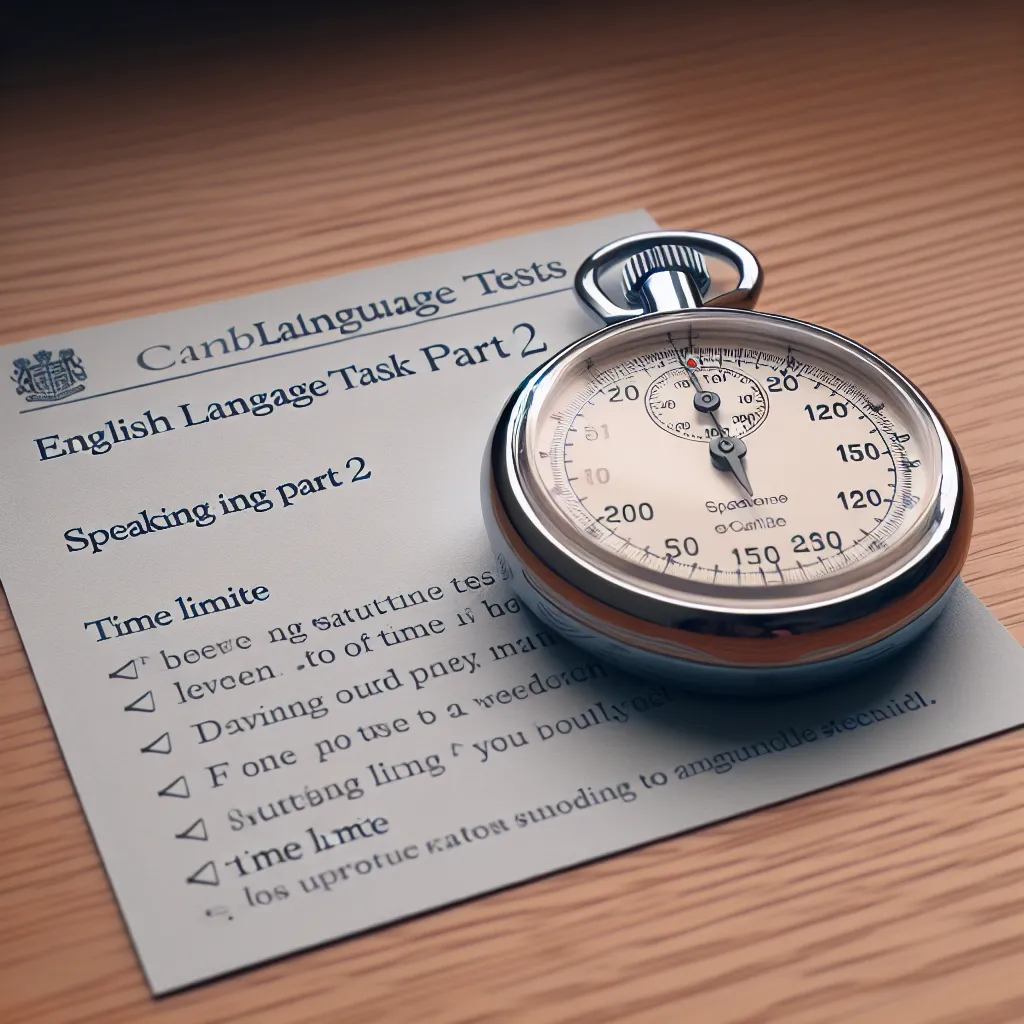Are you preparing for the Cambridge English exams? The listening section can be particularly challenging, but with the right strategies, you can overcome common pitfalls and boost your score. In this comprehensive guide, we’ll explore the most frequent traps in Cambridge listening tests and provide valuable tips to help you excel.
Understanding Cambridge Listening Tests
Cambridge English exams, such as FCE, CAE, and CPE, include a listening component that assesses your ability to understand spoken English in various contexts. These tests are designed to evaluate your comprehension skills in real-life situations, making them both challenging and practical.
 Cambridge Listening Test Overview
Cambridge Listening Test Overview
Key Features of Cambridge Listening Tests
- Multiple parts: typically 3-4 sections
- Various question types: multiple choice, gap-filling, matching, etc.
- Different accents and speech patterns
- Time pressure: limited time to read questions and answer
Common Traps in Cambridge Listening Tests
Being aware of potential pitfalls is crucial for success. Let’s explore some of the most common traps students encounter in Cambridge listening tests.
1. Distractors in Multiple Choice Questions
Examiners often include ‘distractors’ – options that sound plausible but are incorrect. These are designed to test your ability to distinguish between similar-sounding information.
Tip: Listen carefully for specific details that differentiate the correct answer from distractors. Don’t be swayed by options that partially match what you hear.
2. Synonyms and Paraphrasing
Cambridge tests frequently use synonyms or paraphrased versions of the words you hear in the audio.
Tip: Expand your vocabulary and practice recognizing different ways to express the same idea. This will help you match what you hear to the written options or gaps you need to fill.
3. Spelling and Number Traps
In sections requiring you to write answers, spelling mistakes or incorrectly heard numbers can cost you points.
Tip: Pay extra attention when you hear numbers, dates, or proper nouns. If you’re unsure about spelling, try to write the word as you hear it phonetically.
4. Falling Behind
It’s easy to get stuck on a difficult question and miss subsequent information.
Tip: Keep moving forward. If you’re unsure about an answer, make your best guess and focus on the next question. You can always return to unanswered questions if time allows.
Effective Strategies for Cambridge Listening Success
Now that we’ve identified common traps, let’s explore strategies to help you navigate the listening test successfully.
1. Predict Content and Answers
Before the audio begins, quickly read through the questions and try to predict the type of information you’ll need to listen for.
Tip: Underline key words in the questions to focus your listening. This mental preparation can significantly improve your comprehension.
2. Use the Pause Between Questions
Cambridge listening tests often include short pauses between questions. Use this time wisely!
Tip: During pauses, quickly review the next question(s) and prepare yourself for the information you need to catch.
3. Take Strategic Notes
Effective note-taking can be a game-changer, especially for longer listening passages.
Tip: Develop a personal shorthand system. Use abbreviations, symbols, and key words to quickly jot down essential information without getting bogged down in details.
4. Practice Active Listening
Engage with the audio actively, rather than passively letting it wash over you.
Tip: As you listen, try to visualize the scenario or conversation. This mental imagery can help you better understand and remember the content.
 Active Listening Techniques
Active Listening Techniques
5. Familiarize Yourself with Different Accents
Cambridge tests often include a variety of English accents to reflect real-world language use.
Tip: Expose yourself to diverse accents through podcasts, news broadcasts, and movies from different English-speaking countries.
Important Considerations
As you prepare for your Cambridge listening test, keep these additional points in mind:
- Time management: Practice with timed tests to improve your pacing.
- Read instructions carefully: Each section may have different requirements.
- Don’t panic if you miss something: Stay calm and focus on the next question.
- Use context clues: The overall context can help you infer answers you might have missed.
Next Steps in Your Preparation
To continue improving your Cambridge listening skills:
- Take practice tests regularly under exam-like conditions.
- Analyze your mistakes to identify patterns and areas for improvement.
- Immerse yourself in English-language media to enhance your overall listening comprehension.
- Consider joining a study group or finding a language exchange partner for additional practice.
By understanding common traps and implementing these strategies, you’ll be well-equipped to tackle the Cambridge listening test with confidence. Remember, consistent practice and a positive mindset are key to your success. Good luck with your preparation!
[internal_links]




